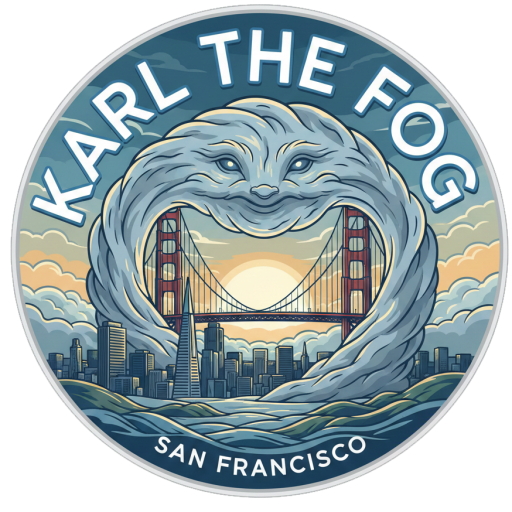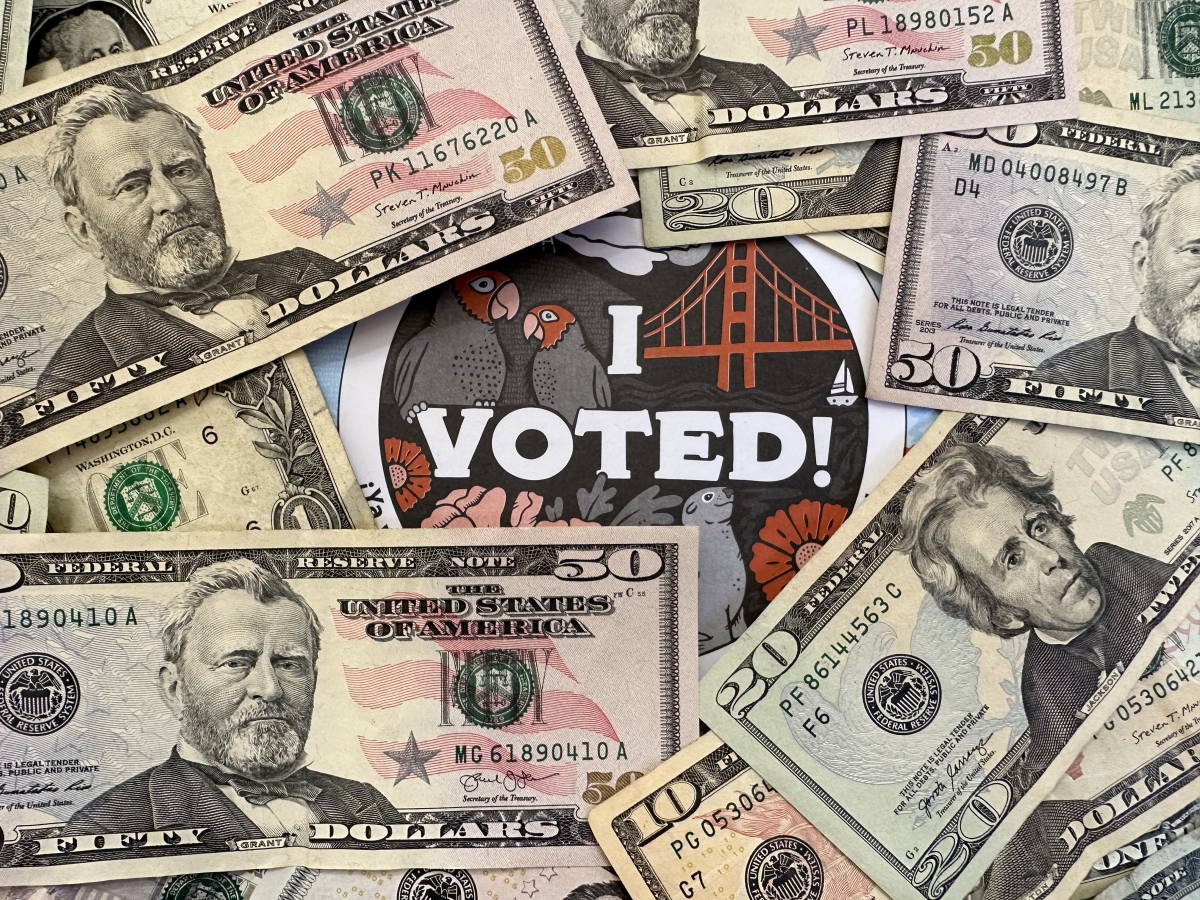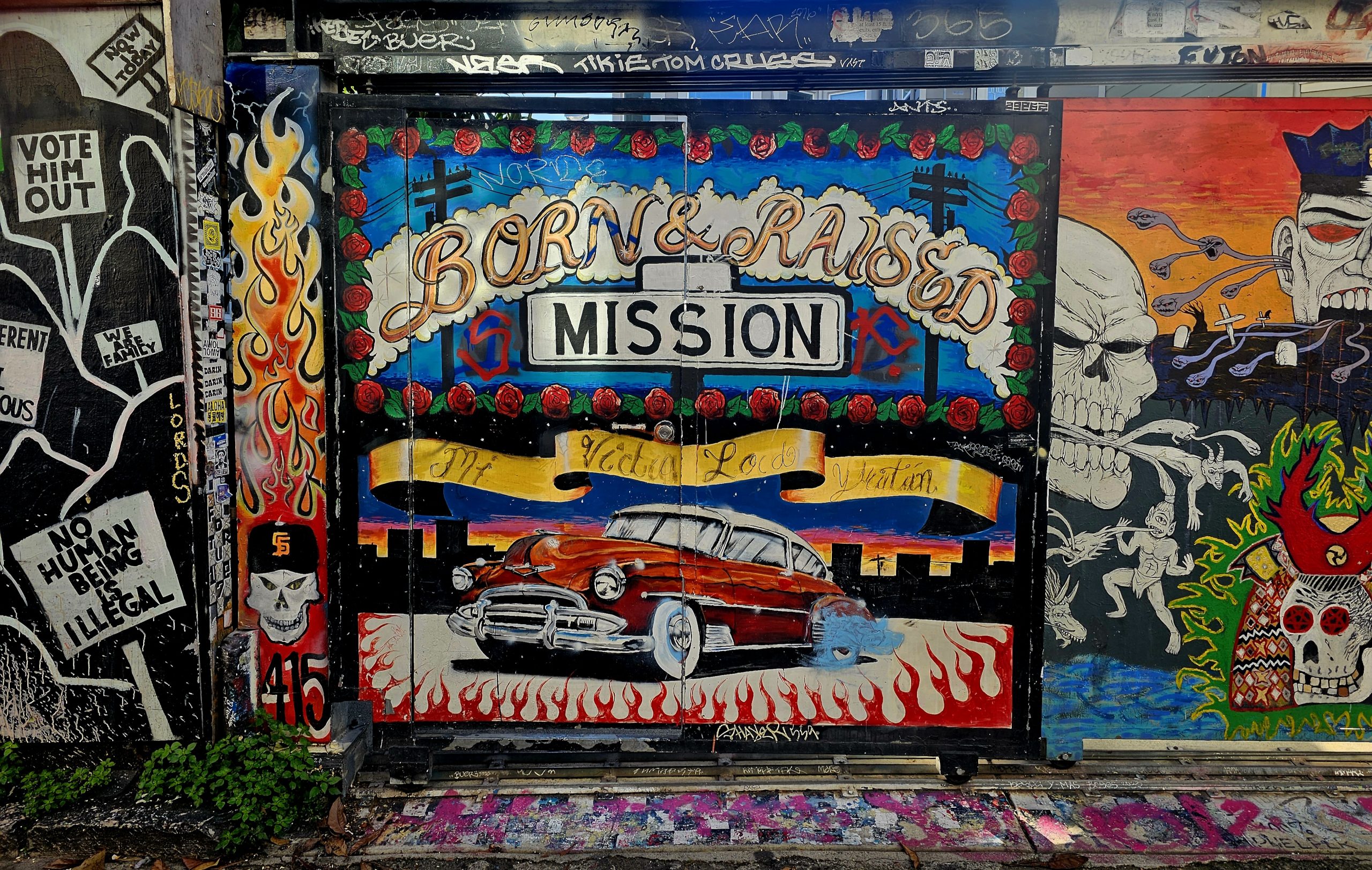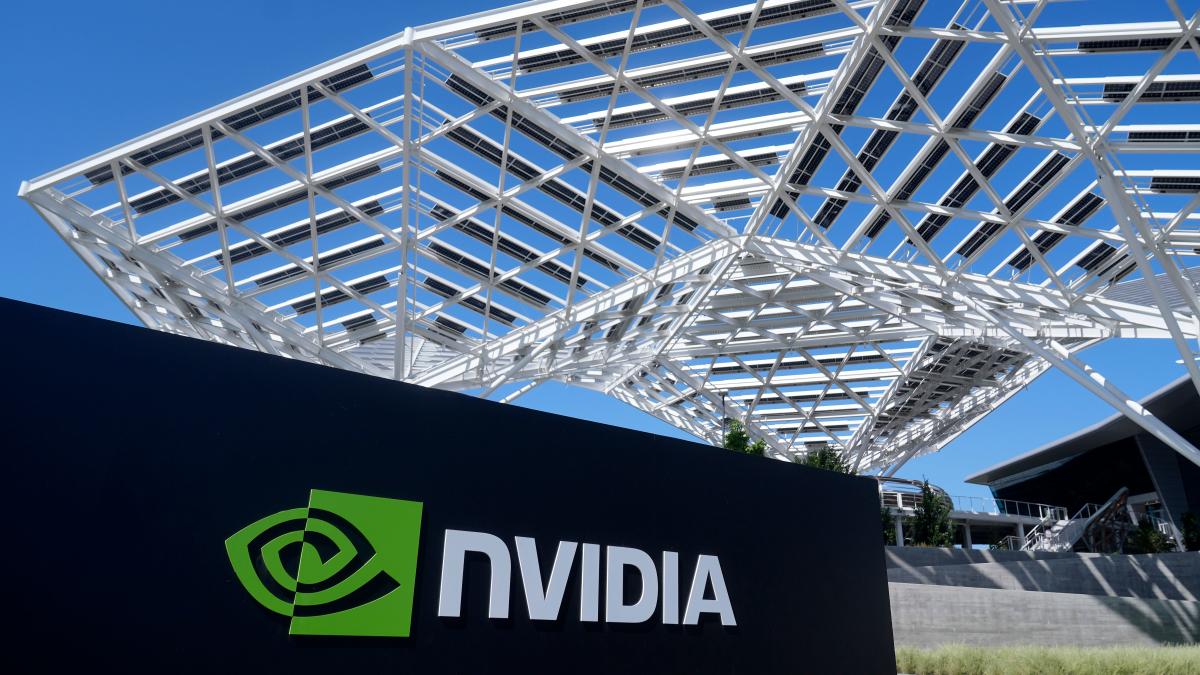[ad_1]
It’s election season in San Francisco, and the money is pouring in: About $22 million has been raised for the November races so far, according to local filings, with much of that going into ballot measures and the race for the mayor’s office.
About 69 percent of the spending, or $15 million, comes from large donations — amounts over $1,000. Those donations — mostly made to political action committees to get around the city’s $500 donation cap for candidates — represent less than 2 percent of the number of total contributions.
The remaining 98 percent of contributions constitute much smaller donations — on average $292 apiece — and add up to just $6.9 million so far. Those small-dollar donations are also bolstered by another $5.2 million in matching city public financing, which awards candidates six-to-one matching funds.
That brings the total money in the race to over $27 million.
But it is the big-money donors we’re closely tracking this election. As of Aug. 7, any donation of $1,000 or more must be disclosed within 24 hours, setting off alarm bells in the RSS feeds of campaign consultants across the city — and our own.
To follow the most noteworthy spending, Mission Local is starting a semi-regular dispatch that will aggregate information from campaign finance filings: Big contributions, new PACs, notable spending, and everything in between.
For our first dispatch, we’re noting all donations in August since the requirement to immediately disclose large contributions came into effect.
And, no surprise: Donors from Silicon Valley and the finance industry are heavily represented.
Since Aug. 7, some 64 percent of big donations (discounting Daniel Lurie’s personal giving, which is gargantuan and skews results) came from the tech or finance industries. That includes $250,000 from WhatsApp founder Jam Koum to a pro-Lurie PAC, $100,000 from DoorDash CEO Tony Xu to a pro-London Breed PAC, and about $100,000 from partners at the startup accelerator Y Combinator to mayoral candidate Mark Farrell’s ballot measure committee.
$1,000-plus donations made in San Francisco since Aug. 7, excluding Lurie at the bottom

Muhlfeld
Patterson
$101,523

Muhlfeld
Patterson
$101,523
Source: San Francisco Ethics Commission, as of Aug. 27. Chart by Junyao Yang.
Also in the mix: a former Tesla engineer, Dylan Hirsch-Schell, who is self-funding his race for the mayor’s office; the ex-CEO of Twitch, Emmett Shear, who has given $75,000 to close off the Great Highway to cars; Lyft, which is spending five figures to defeat a tax on ride-sharing and driverless cars; and Ron Conway, the venture capitalist and longtime Ed Lee and Breed financier, who has put in $110,000 to pass a measure reforming business taxes.
Lurie’s family is responsible for some 16 percent ($3.3 million) of the total raised for the November races so far. That dominance is even more marked when looking at recent fundraising — 50 percent ($1.6 million) of donations above $1,000 since Aug. 7 came from Lurie.
Yep, Lurie donated $1.6 million to his own campaign this month, a sum that eclipses all else, so we’ve removed him from the calculation of percentages above in order to note which other players are most influential.
Here are the big-money moves from Aug. 7 through Aug. 27.
Money, money, money for Daniel Lurie
Lurie’s family are by far the single biggest campaign donors with $3.3 million. But Lurie is not doing it all alone:
As Mission Local noted on Friday, Lurie put another $1.6 million of his own money into his race this month; he is now leading the pack with $3 million raised, 73 percent of that from his own pocket.
Lurie’s not the only one self-funding
A few other candidates are also dipping into their own pockets:
- Dylan Hirsch-Schell, an ex-Tesla engineer who is promoting universal social housing and universal basic income (and touting his connection to erstwhile presidential candidate Andrew Yang), put $100,000 of his own money into his mayoral race this month; in March, he had previously put in $5,000. He has now raised a total of $107,120.
- Running for school board, registered Republican Min Chang invested $19,000 in her own race this month and $5,000 back in June. So far Chang, who is the new CEO of San Francisco-based healthcare company Homebridge, is her own sole contributor.
- Stephen Martin-Pinto, the former Republican (until 2022) running for District 7 supervisor, has put $2,000 toward his race.
Neighbors’ top donors propping up Farrell
The donors behind Neighbors for a Better San Francisco, a political influence group that has quickly become the top spender in city politics, are firmly in Farrell’s camp: Many of the nonprofit’s biggest patrons — like Bill Oberndorf, Louise Muhfeld, and Tom Chavez — are giving individually to Farrell’s ballot measure committee.
- Oberndorf, a big-time Republican donor and the president of Neighbors, tossed in $150,000 to Farrell’s ballot measure committee on Aug. 21. That committee is technically for a separate measure — TogetherSF’s Prop. D, the city commissions and mayoral power proposition — but it has shared expenses with his mayoral race and will indirectly benefit Farrell’s campaign. Oberndorf, who contributed via his investment firm, has spent $195,000 total on Farrell’s ballot measure PAC. He has donated at least $1 million to Neighbors.
- Muhfeld, who sits on the Neighbors board of directors and has given the group at least $830,000, gave $101,522.85 to Farrell’s ballot measure on Aug. 27. The donation was marked as a “non-monetary contribution,” though the exact expenditure was not disclosed.
- Chavez, another tech entrepreneur and a big donor to Neighbors (to the tune of at least $133,000) has given $25,000 to Farrell’s committee.
Farrell’s ballot measure has now received about $1.4 million. Previously, it took in $500,000 from the family of Thomas Coates (a Republican donor and rent control foe, and a Neighbors donor), $200,000 from billionaire investor John Pritzker (another Neighbors donor), and $100,000 from the family of tech investor Alexander Slusky.
- Also this month, tech investor Blake Byers put in $50,000 to Farrell’s ballot measure committee.
Breed gets tech, philanthropy funds
Breed’s PAC has gotten over $1 million in donations, much of it from well-heeled individuals like the cryptocurrency billionaire Chris Larsen, who has put in $400,000, and the billionaire former New York City mayor Michael Bloomberg, who put in $200,000.
More recently:
Joining them is Quinn Delaney, a millionaire philanthropist with an interesting donation history: The board chair of the criminal justice-focused Akonadi Foundation, she first gave Breed’s opponent Mark Leno $500 in 2018.
She then switched teams and donated $25,000 to a pro-Breed PAC that year and another $500 to Breed directly. She is now firmly in Breed’s camp:
- On Aug. 19, Delaney put in $50,000 to the pro-Breed PAC “Forward Action SF,” which is backed by the newly formed group Abundance Network.
Delaney, for her part, also opposed the 2022 recall of Chesa Boudin, chipping in $50,000 to keep him in office. She gave $50,000 to a PAC backing moderate supervisor candidates in 2018, and has given millions to Democratic candidates and liberal causes across the country.
Spending just starting for 15 propositions
Money has started pouring into some of the 15 propositions (A through O!) on this year’s ballot.
The effort to defeat Prop. B, the March ballot measure that would have tied police staffing levels to future revenue, has officially shuttered. But its remaining funds will go towards another measure in November.
- The police retirement ballot measure Prop. F, which would create a Deferred Retirement Option Program to give cops pensions while they work in a bid to bolster retention in a flagging workforce, got a $56,368.68 transfer this month from “No on B, Stop the Cop Tax,” the PAC set up to oppose March’s Prop. B.
- In other public sector retirement news, SEIU 1021, the city’s largest public sector employee union, tossed in $100,000 to pass Prop. I, which would enable more generous retirement options for nurses, 911 dispatchers, and others. The ballot measure committee is led by Rudy Gonzalez, the secretary-treasurer of the San Francisco Building and Construction Trades Council; the council is backing Farrell and Ahsha Safaí for mayor.
The anti-B PAC is not the only political action committee formed for a previous election that is transferring funds for use in November:
TogetherSF’s Prop. D, the measure that would cap the number of city commissions at 65 and expand the power of both the mayor and police chief, is getting help from a group familiar to close watchers of campaign finance:
- Govern for California, a statewide nonprofit currently under investigation by the California Fair Political Practices Commission, has chipped in $10,000 to pass TogetherSF’s proposition. We wrote about the group earlier this month because they employed an unusual, albeit seemingly legal, strategy: Several of their local chapters were each sending $500 to a handful of San Francisco candidates, bypassing the city’s donation cap; each candidate received a total of $4,000. Each Govern for California chapter is reputedly independent, but the arrangement raised eyebrows for skirting the spirit of campaign finance law.
Then, in parks and cars news:
- Matt Boschetto, the District 7 candidate, keeps getting help on his effort to defeat Prop. K, which would close down the Great Highway for cars in the hope that it could be converted into a park. A relative has given another $2,000 to the anti-K effort via an LLC, bringing Boschetto’s family’s total giving to $67,000. The ballot measure, like Farrell’s, is technically separate but will benefit Boschetto’s race for supervisor by featuring him in campaign material.
- On the opposite side, Emmett Shear, the ex-Twitch CEO and briefly the head of OpenAI, put in $75,000 towards supporting Prop. K. Shear is a longtime YIMBY backer and gave $49,000 to Breed’s police measure Prop. E in March.
- No surprise: Lyft, the rideshare company, has put in $25,000 to defeat Prop. L, the “Community Transit Act,” which would impose a tax on both the Lyfts and Ubers of the world, and autonomous vehicle companies like Waymo and Cruise. The San Francisco Chamber of Commerce has chipped in another $4,000 to defeat the measure.
Finally, on the measure to spur the city’s downtown recovery:
- Ron Conway, the tech investor who has been active in city politics for over a decade, put in $110,000 towards Prop. M. That measure was crafted by both Breed and Aaron Peskin to change the way business taxes are calculated (and lower them for many firms, small and large alike).
Y Combinator steps into politics
Abandoning a years-long tradition of steering clear of politics, Y Combinator is now taking a more active role in its home city.
Its CEO Garry Tan, who infamously tweeted “Die slow motherfuckers” to seven progressive city supervisors, is a committed enemy of progressives in San Francisco and sits on the board of public pressure group GrowSF.
Tan has spent $50,850 on the November election, $50,000 of that going to a GrowSF PAC set up to defeat Supervisor Dean Preston, the city’s lone socialist representative.
Like Tan, Y Combinator executives have stepped into the fray:
- Jessica Livingston, a founding partner of Y Combinator and the wife of co-founder Paul Graham, has donated $50,000 to the TogetherSF measure. In 2022, Livingston funded the school board and Boudin recall with $45,000 each, and is a big backer of GrowSF. She has given $50,000 to the group’s efforts this year to unseat Preston.
- Paul Bucheit, a partner at Y Combinator who was the lead developer of Gmail and coined Google’s since-abandoned motto “Don’t be evil,” has given $49,000 to TogetherSF’s government reform measure and $5,000 to the Democratic County Central Committee’s PAC.
Since 2015, donors who listed Y Combinator as an employer have given over $1.1 million to San Francisco politics — inevitably an undercount, since donors are often (deliberately) imprecise when naming their employer on financial disclosures.
Anything notable we’ve missed? Email me at joe.rivanobarros@missionlocal.com and we’ll get it into a future dispatch.
[ad_2]
Source: missionlocal.org





